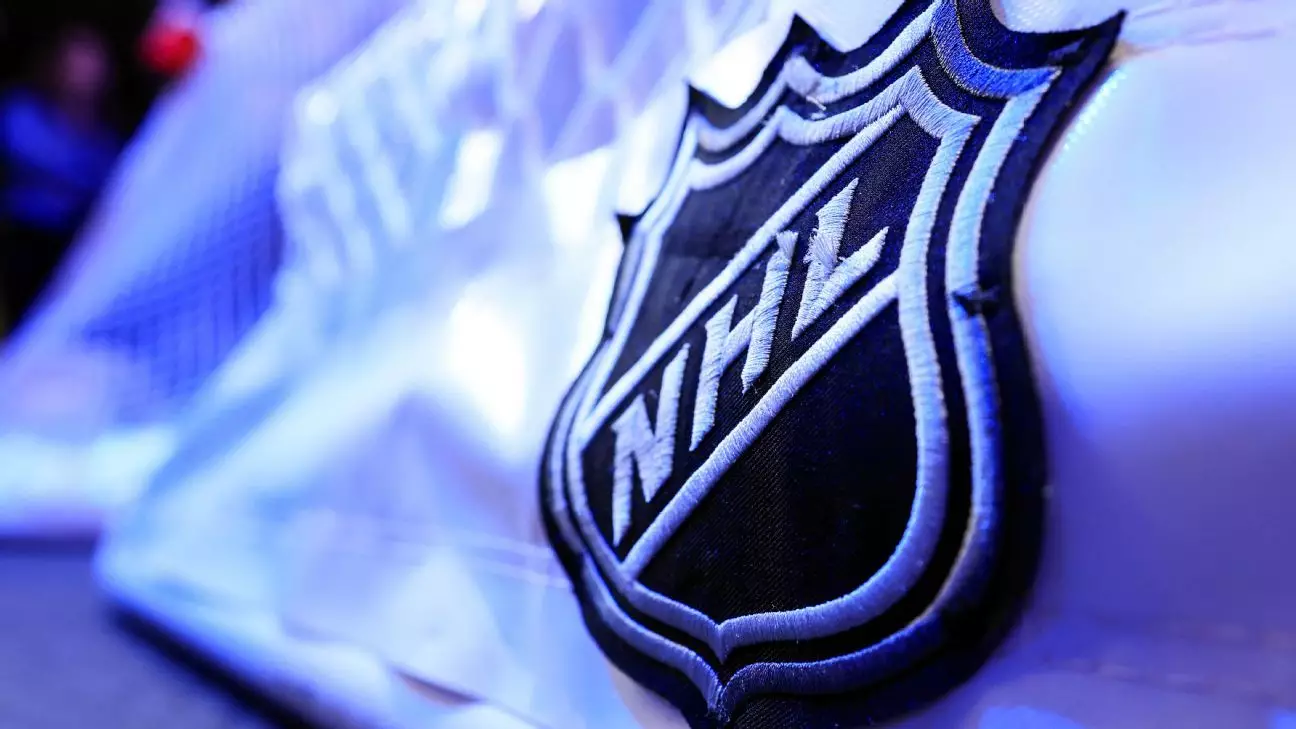In an unexpected twist to international relations, President Donald Trump recently endorsed Russian President Vladimir Putin’s proposal for hockey games between the United States and Russia. During a telephone conversation, the two leaders discussed organizing matches featuring National Hockey League (NHL) and Kontinental Hockey League (KHL) players, sparking intrigue and skepticism across the sports and political landscapes. The context of these discussions adds layers of complexity, revealing how sports diplomacy can intersect with geopolitical tensions.
Hockey, often seen as a unifying sport, could serve as an icebreaker amidst fraught relations, particularly since U.S.-Russian ties have soured significantly due to the ongoing conflict in Ukraine. The notion of friendly matches, once typical during periods of diplomatic thaw, seems to symbolize a longing for connection at a time when division is profound. Critics might question the intentions behind such gestures, especially when larger international dilemmas loom large in the background.
A Fractured Relationship Between Leagues
The backdrop for this inquiry is the tumultuous relationship between the NHL and KHL following the onset of the Ukraine conflict. Initially, both leagues enjoyed a cooperative rapport, having engaged in several exhibition matches since as early as 2008. Past encounters featured notable games like the 2010 “Premiere Challenge,” which allowed NHL teams a glimpse into the talent pool of the KHL. However, the landscape transformed drastically in March 2022, when the NHL severed ties with the KHL, instructing its teams to cease any dealings with Russian partnerships or representatives.
The consequences of this fallout have reverberated through the hockey community. The International Ice Hockey Federation (IIHF) has sidelined Russia—along with Belarus—from international competitions, citing safety concerns amid geopolitical instability. This unprecedented ban illustrates how sports can serve as both a cultural bridge and a divider, depending on the broader political climate.
The IIHF’s Stance and Future Implications
The IIHF’s ruling, extended through the upcoming Winter Olympics in 2026, indicates an unwavering stance on maintaining safety and integrity within the sport. Their announcement clearly reflects a commitment to safeguarding participants, yet it also raises pertinent questions about the future of international athletic engagement. As the hockey world collectively mourns the absence of Russian athletes on the global stage, the focus turns to how long this exile will last and what it might mean for both players and fans.
Interestingly, while the IIHF has imposed restrictions, the International Olympic Committee (IOC) will ultimately determine the conditions for Russia’s participation in the Olympics. The duality here underscores the layered complexities of having sport influenced by political currents. As the IIHF takes a firm position, can the IOC adopt a more lenient approach, thereby reopening doors to potential interactions?
The Social Dynamics of Hockey and National Identity
Trump’s outreach to Team USA before the NHL 4 Nations Face-Off championship resonated with a mix of nationalism and athletic pride, adding another layer to the conversation. The match against Canada, which saw U.S. players falter in a tantalizing overtime, became symbolic of larger themes—tariffs, national identity, and rivalry—all infused with the weight of political undertones. The incident where national anthems were booed underscores how deeply sports can interweave with the fabric of national sentiments, at times exacerbating existing tensions.
According to Team Canada’s coach, Jon Cooper, the players carried the weight of their national spirit onto the ice. His comment highlights the notion that sports transcend mere competition; they often serve as platforms for collective assertion and identity. As hockey becomes embroiled in the narratives woven by national pride and political maneuvers, the relationship between diplomacy and athleticism increasingly blurs.
Prospects for Future Collaboration
As we probe deeper into this unlikely potential for U.S.-Russia hockey matches, it begs the question: can sport genuinely function as a facilitator of dialogue in this climate? Both sides seem to recognize the sentimental value of friendly competition, yet the realities of political agendas loom over every aspect. Whether these matches materialize remains uncertain, but they do raise the possibilities of engaging with a rival in a manner that transcends animosity—at least on the ice.
In the quest for warmer relations, the hockey rink could become a pivotal ground; it could transform into a space for healing divisions. This dynamic pushes the boundaries of how sports can lead to diplomatic dialogues, showcasing their profound power to unite or divide based on the prevailing attitudes of those in power. As the world watches, the question remains: Will we see a resurgence of ice between these two powerful nations, or will the rift stubbornly endure? As the drama unfolds, it illustrates one of those paradoxes—where sport, a pursuit of leisure, becomes enmeshed in the core of international diplomacy.

